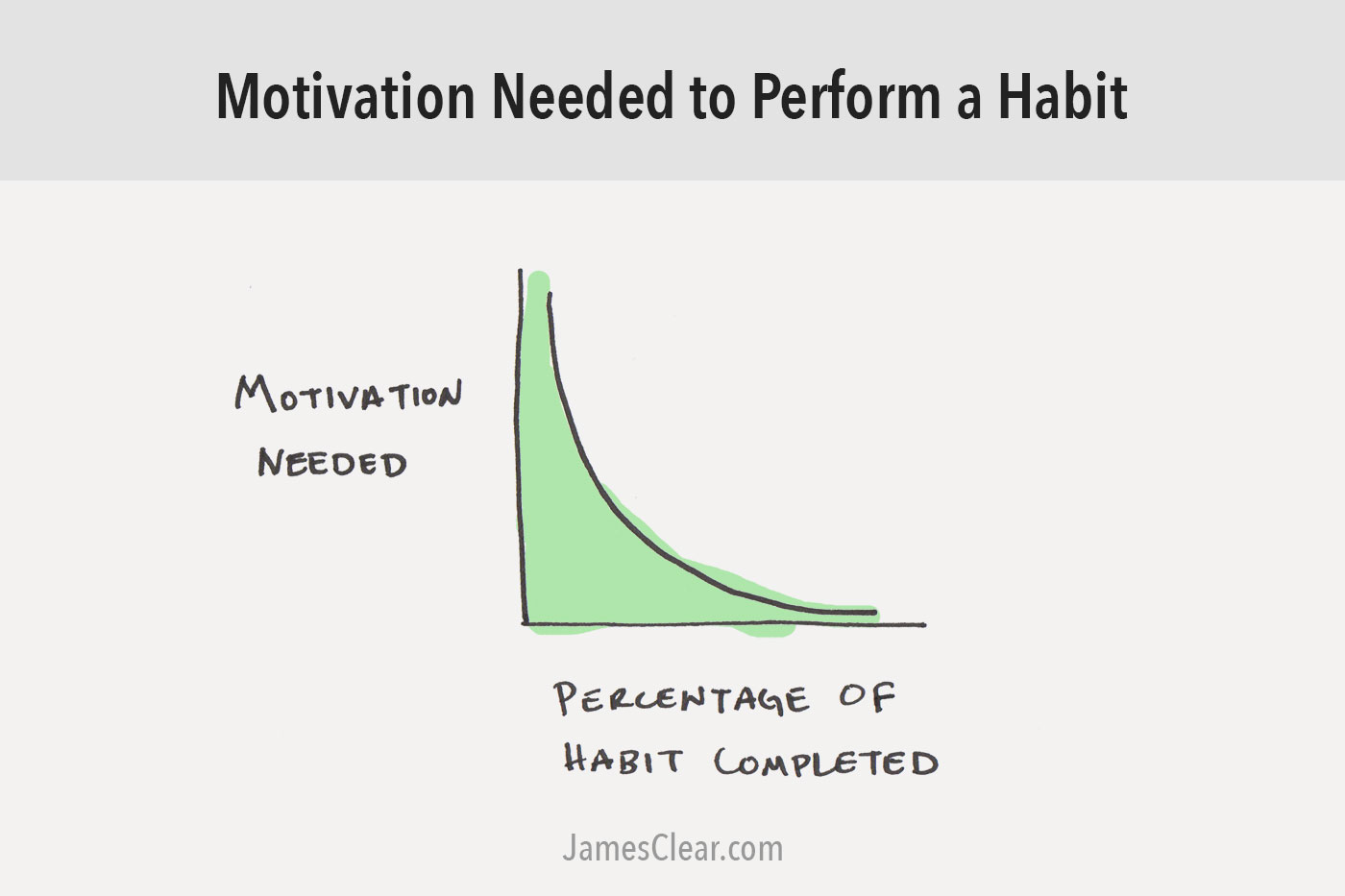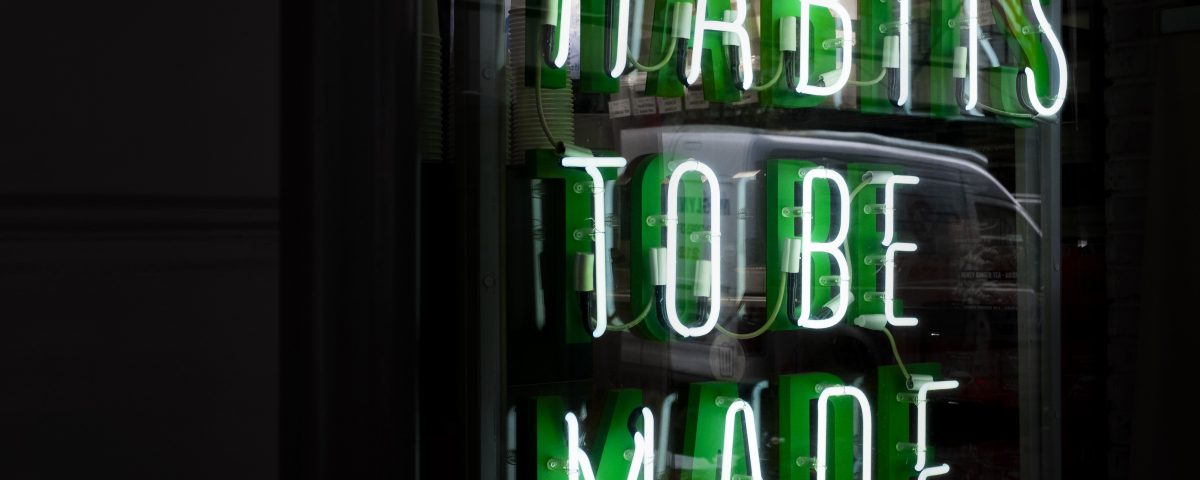I want to start reading today! I need to improve my pieces of knowledge. So, I need to spend one hours everyday just for read.
I think I have to control my meal and lose my weight as soon as possible due to my health gain trouble cause of my diet.
You want something and you keep plan everything but you fail its. Why? Let see what problems cause you fail with your new habits.
PROBLEM 1: Trying to Change Everything at Once
SOLUTION: Pick one thing and do it well.
The general consensus among behavior change researchers is that you should focus on changing a very small number of habits at the same time.
The highest number you’ll find is changing three habits at once.
How tiny? His suggested habits include flossing one tooth, doing one pushup per day, or saying “It’s going to be a great day” when you get out of bed in the morning. So, even if you keep your new habits that small, you should work on no more than three habits at a time.
BONUS SOLUTION: Pick a keystone habit.
Still struggling? When in doubt, pick something that could potentially be a keystone habit.
A keystone habit is a behavior or routine that naturally pulls the rest of your life in line. For example, weightlifting is my keystone habit. If I get to the gym, then it creates a ripple effect in other areas of my life. Not only do I get the benefits of working out, I enjoy a wide range of secondary benefits. I focus better after the workout. I tend to eat better when I’m working out consistently. I sleep better at night and wake up with more energy in the morning.
PROBLEM 2: Starting With a Habit That is Too Big
SOLUTION: As Leo Babauta says, “Make it so easy you can’t say no.”
If you were to map out the motivation needed to perform a habit, you would find that for many behaviors it looks like this:

New habits should be non-threatening. Start with a behavior that is so small it seems easy and reasonable to do it each day.
- Want to do 50 pushups per day? Start with something easy like 5 or 10.
- Wish you would read more books? Start by reading two pages every night.
- Want to finally start meditating? Meditate for one minute each morning. After a month, you can move up to two minutes.
PROBLEM 3: Seeking a Result, Not a Ritual
SOLUTION: Focus on the behavior, not the outcome.
Naturally, we are outcome focused because we want our new behaviors to deliver new results.
Here’s the problem: New goals don’t deliver new results. New lifestyles do. And a lifestyle is not an outcome, it is a process. For this reason, all of your energy should go into building better rituals, not chasing better results.
Rituals are what turn behaviors into habits. In the words of Tony Schwartz, “A ritual is a highly precise behavior you do at a specific time so that it becomes automatic over time and no longer requires much conscious intention or energy.”
If you want a new habit, you have to fall in love with a new ritual.
Problem 4: Not Changing Your Environment
SOLUTION: Build an environment that promotes good habits.
I have never seen a person consistently stick to positive habits in a negative environment. You can frame this statement in many different ways:
- It is nearly impossible to eat healthy all of the time if you are constantly surrounded by unhealthy food.
- It is nearly impossible to remain positive all of the time if you are constantly surrounded by negative people.
- It is nearly impossible to focus on a single task if you are constantly bombarded with text messages, notifications, emails, questions, and other digital distractions.
- It is nearly impossible to not drink if you are constantly surrounded by alcohol.
- And so on.
We rarely admit it (or even realize it), but our behaviors are often a simple response to the environment we find ourselves in.
In fact, you can assume that the lifestyle you have today (all of your habits) is largely a product of the environment you live in each day. The single biggest change that will make a new habit easier is performing it in an environment that is designed to make that habit succeed. For example, let’s say that your New Year’s resolution is to reduce stress in your life and live in a more focused manner.
PROBLEM 5: Assuming Small Changes Don’t Add Up
SOLUTION: Get one percent better each day.
If you listen to nearly anyone talk about their goals, you’ll hear them describe the minimum that they want to achieve.
- “I want to save at least $5,000 this year.”
- “I want to read at least 30 books this year.”
- “I want to lose at least 20 pounds before summer.”
The underlying assumption is that your achievements need to be big to make a difference. Because of this, we always talk ourselves into chasing a big habit. “If I want to lose at least 20 pounds, I need to start busting my butt and working out for 90 minutes a day!”
Each day we make the choice to become one percent better or one percent worse, but so often the choices are small enough that we miss them.
If you’re serious about building a new habit, then start with something small. Start with something you can stick with for good. Then, once you’ve repeated it enough times, you can worry about increasing the intensity.
Build the behavior first. Worry about the results later.



